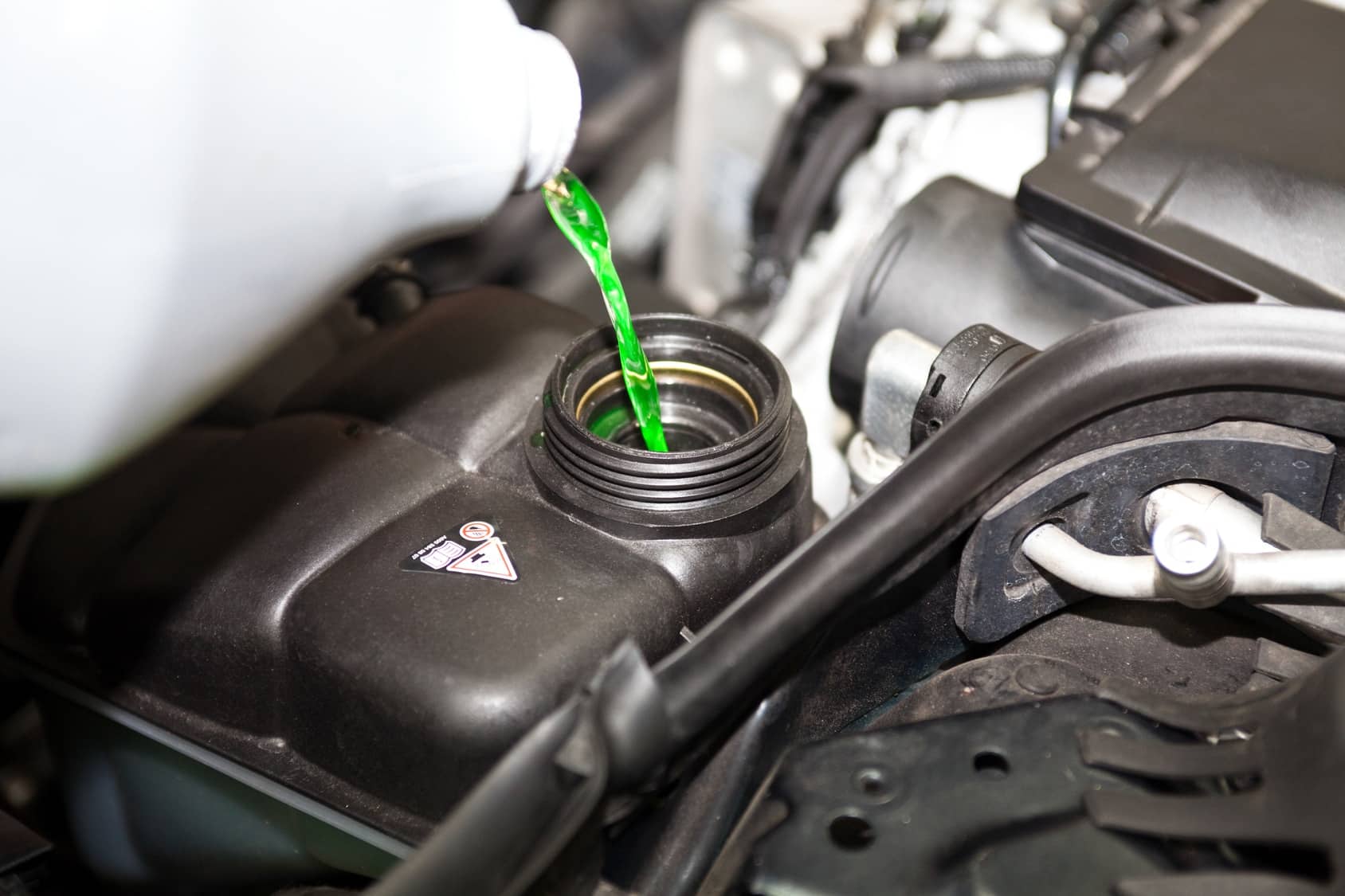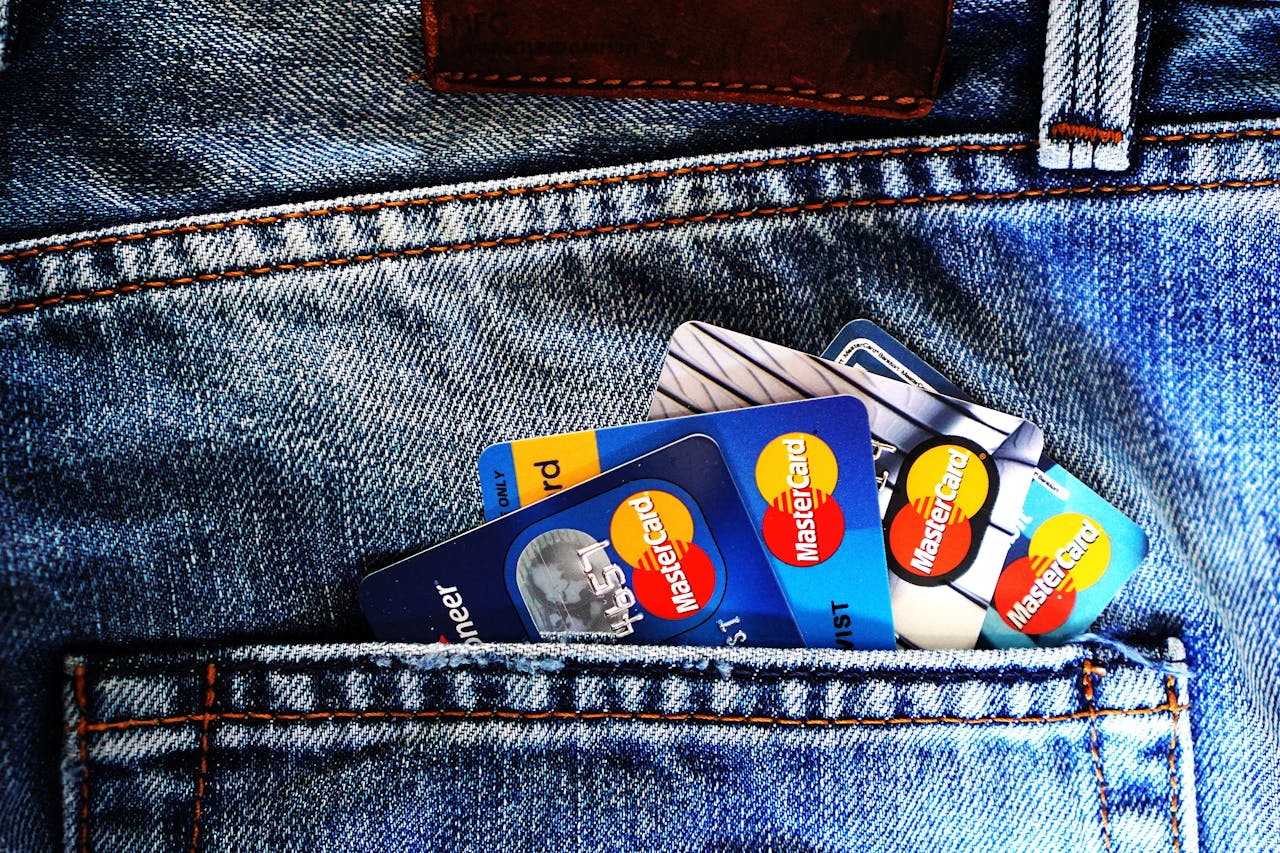For many drivers, owning a car is more than just a necessity—it’s an expression of personal style and comfort. Window tinting remains one of the most popular ways to give your vehicle a sleek look, block the sun’s harsh glare, and add a layer of privacy.
But what happens when you’re leasing the car instead of owning it? Can you still get those windows tinted? We’ll break this all down for you—covering lease agreements, dealer policies, risks, and benefits—so you can make an informed decision.
Can You Tint a Leased Car?
The short answer? Yes, in most cases, you can tint a leased car’s windows—but there are important considerations. Leasing companies and dealerships often allow modifications like window tinting, provided they don’t reduce the car’s value or violate agreements in the lease contract. However, several factors come into play:
- Lease agreements often include clauses restricting modifications, so check the terms before making changes.
- Dealership policies vary—some allow tinting, provided it complies with state laws and maintains a professional finish.
- State tinting laws could pose legal restrictions on how dark you can make your windows. Tints that don’t comply with regulations may void your agreement or incur penalties.
Understanding these details is the key to deciding whether tinting your leased vehicle’s windows is worth it.
What Is Window Tinting and Why Do People Want It?
Window tinting involves applying a thin film to car windows, which reduces glare, rejects ultraviolet (UV) rays, and enhances privacy.
Why is it so popular?
- Aesthetics: Tints give vehicles a polished and stylish look.
- Heat reduction: By blocking sunlight, tints keep interiors cooler, especially in hot climates.
- Privacy and security: Tints limit visibility into the car, protecting your valuables from prying eyes.
For many lessees, these benefits may seem too good to pass up—even on a leased car.
Can Dealers Tint Leased Cars?
If you’re hesitant about modifying your leased car, checking with your dealer is always a good idea. Many dealerships offer tinting services on leased vehicles.
The benefits of dealership-approved tints include:
- Guaranteed compliance with your lease agreement.
- Professional application, reducing the risk of poor quality work.
- Peace of mind—your tint won’t be flagged during the return process.
However, dealership services may cost more than going to a third-party tinting provider. It’s worth comparing the risks and benefits before committing.
Things to Check Before Tinting a Leased Car
Before you schedule a tinting appointment, there are three key factors you’ll need to review:
1. Review the Lease Agreement
Your lease agreement is the most crucial document to understand before making any modifications, including window tinting. Look for terms like “modifications” or “alterations.” Some agreements explicitly restrict changes to the car without prior approval, while others allow modifications provided they can be reversed.
Pro tip: If you’re unsure, reach out to your leasing company for clarification.
2. Research State and Local Tinting Laws
Tinting laws vary widely by state and country. For example, some states only allow tints that permit a certain percentage of visible light through (known as VLT or Visible Light Transmission). Here’s how laws may impact your tinting decision:
- Front windows and windshields often have stricter VLT limits compared to other windows.
- Rear windows may allow darker tints in many states.
- Illegal tints may not only result in traffic tickets but could also lead to lease violations.
Use websites like your local DMV’s page or consult professionals to check the tinting laws in your area before installation.
3. Verify Dealer Policies
Some dealerships may require you to remove tints when returning the car, especially if the tint doesn’t comply with their standards. Ask the dealer directly:
- Are tints allowed on leased vehicles?
- Do I need to remove the film before returning the car?
- Is professional-grade tinting preferred?
Document any approval or recommendations from the dealer for future reference.
Risks and Important Considerations
Tinting your leased car might seem straightforward, but there are several risks to consider:
1. Potential Penalties or Fees
If the tint is deemed inappropriate during the lease return inspection (too dark, poor quality, or non-compliant with regulations), you may face:
- Fees for professional removal.
- Damage costs if the tinting process has scratched the windows.
- Charges related to restoring the car to its original condition.
2. Poor Tint Quality
Cheap or poorly installed tint often leads to bubbling, peeling, or discoloration over time. Such low-quality tinting is more likely to be flagged during the inspection. Always choose professional services and high-quality materials to avoid this risk.
3. Ease of Tint Removal
Removing window tints isn’t impossible, but it’s not always easy. DIY removal runs the risk of damaging the windows or leaving adhesive residue behind. If you plan on removing the tints before returning your car, consider hiring expert removal services.
Benefits of Tinting a Leased Car
If done correctly, tinting your leased vehicle offers several advantages:
Privacy and Security
Window tints add a layer of privacy by reducing visibility into your car. This can discourage theft, especially for items left on seats or in the back.
Temperature Control
Hot summers and blazing sun can make your commute unbearable. Window tints block out UV rays, making the interior cooler and saving you fuel by reducing air conditioner use.
Personal Aesthetics
Want your car to match your personality? Tints can give your vehicle a sleek edge and reflect your style preferences, even during a lease.
Should You Tint a Leased Car?
Whether you should tint your leased car depends on several factors:
- Confirm that tinting is permissible under your lease agreement and meets state laws.
- Check with your dealership to avoid fees during the lease return process.
- Weigh the benefits of tinting (privacy, aesthetics, comfort) against the risks (removal costs, potential damage).
If you need those extra layers of sun protection and style, go for it—but do it responsibly.
What Are Some Alternatives to Tinting?
Not ready to commit to tinting? Consider these alternatives:
- Temporary Sunshades: Affordable and easy to install, these block the sun without altering your car.
- Window Covers: Designed for privacy and glare reduction, they’re removable and reusable.
- Adjustable Window Films: A more advanced alternative, these can be applied and removed without leaving a residue.
Drive Comfortably and Confidently
Window tinting a leased car offers many benefits, but it comes with potential challenges. By understanding your lease terms, adhering to state laws, and choosing professional services, you can enjoy the privacy, style, and comfort of tinted windows while avoiding issues.
Got more questions? Drop them in the comments—or consult your dealer before making your next move!
FAQs
Should I tint a leased car?
Yes, as long as it’s allowed by your lease agreement and complies with local laws. However, always confirm with your dealer first.
What can you not do to a leased car?
Leasing companies typically prohibit permanent modifications like custom paint jobs, body kits, or structural changes.
Can you tint windows on a leased car, according to Reddit?
Many Reddit users report successfully tinting leased cars without issues, as long as they followed dealer guidance and local laws.


















